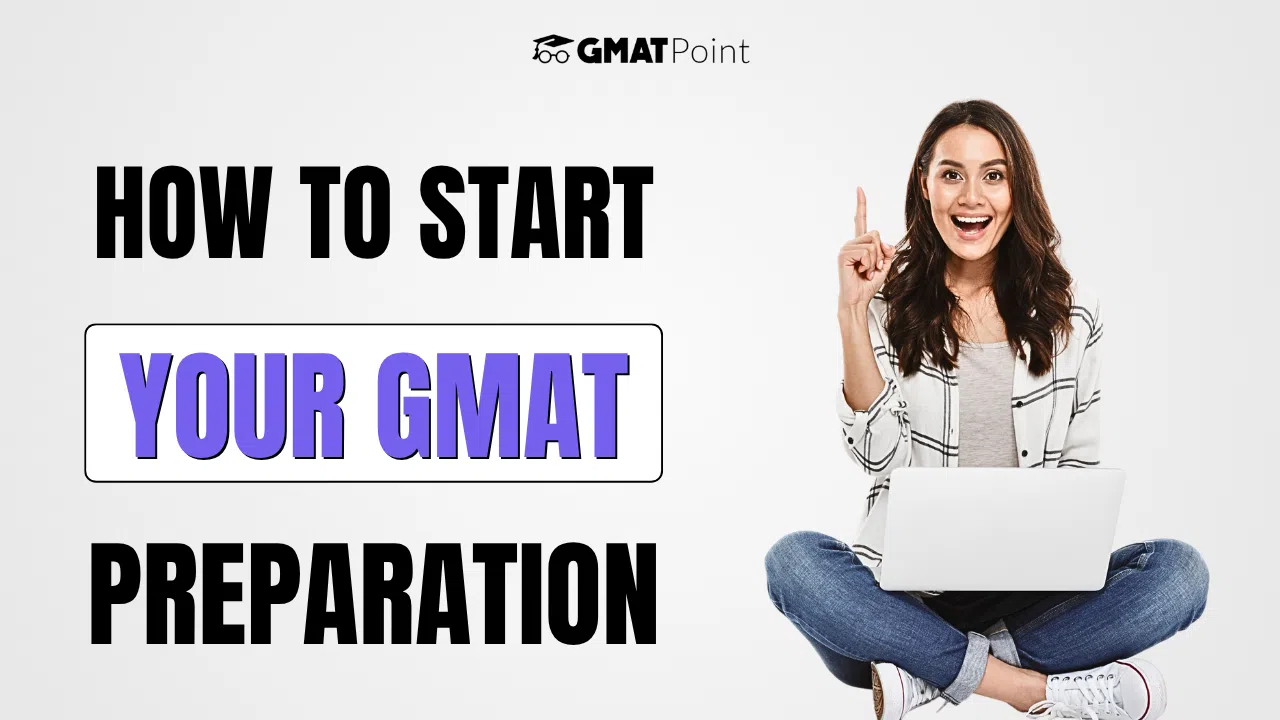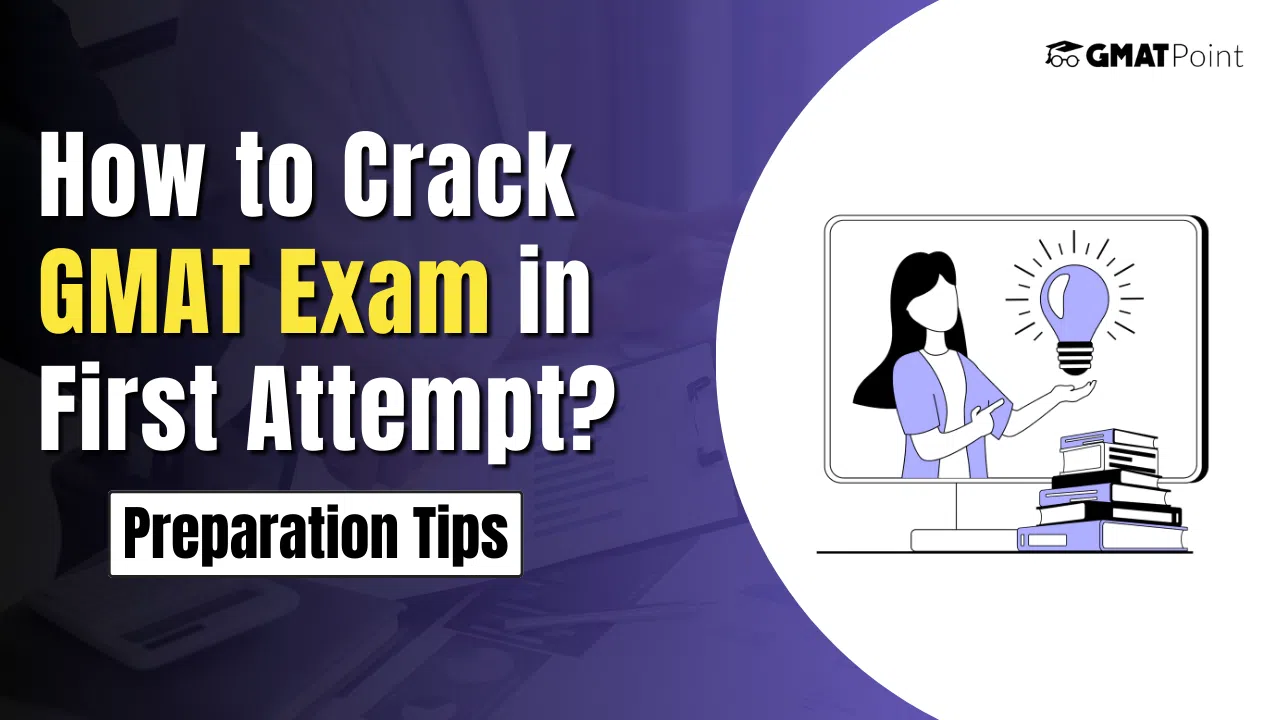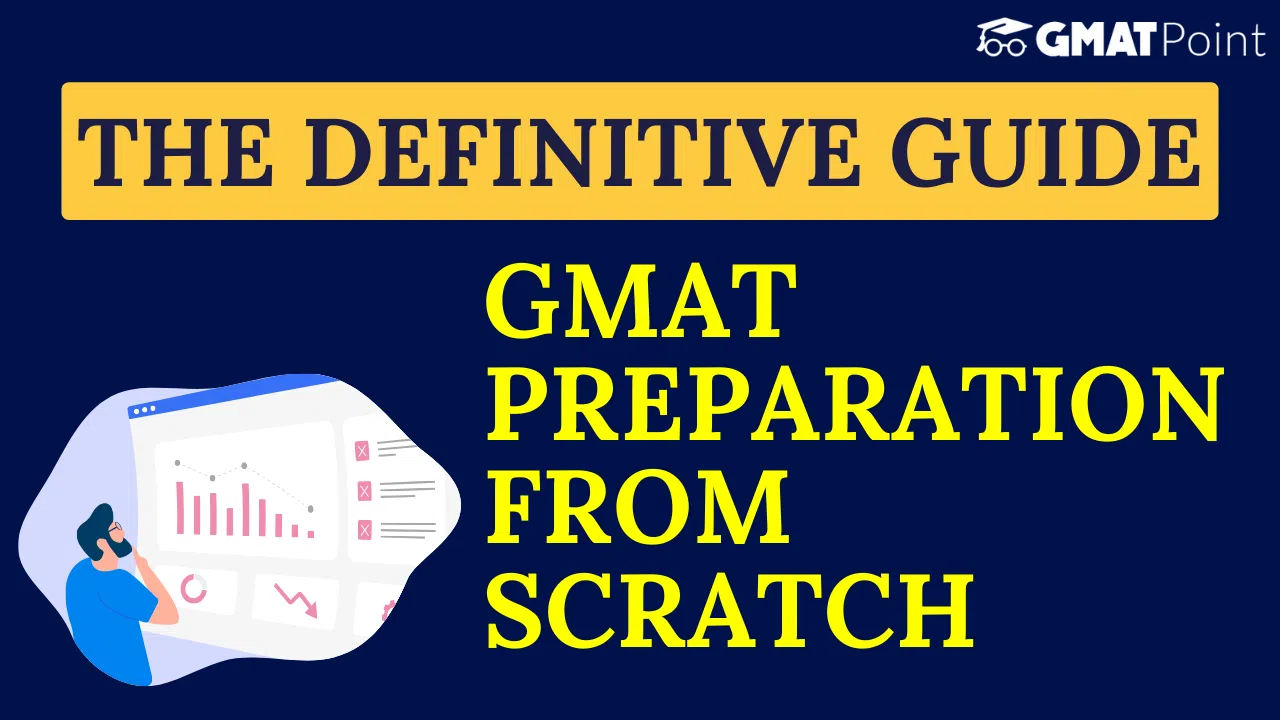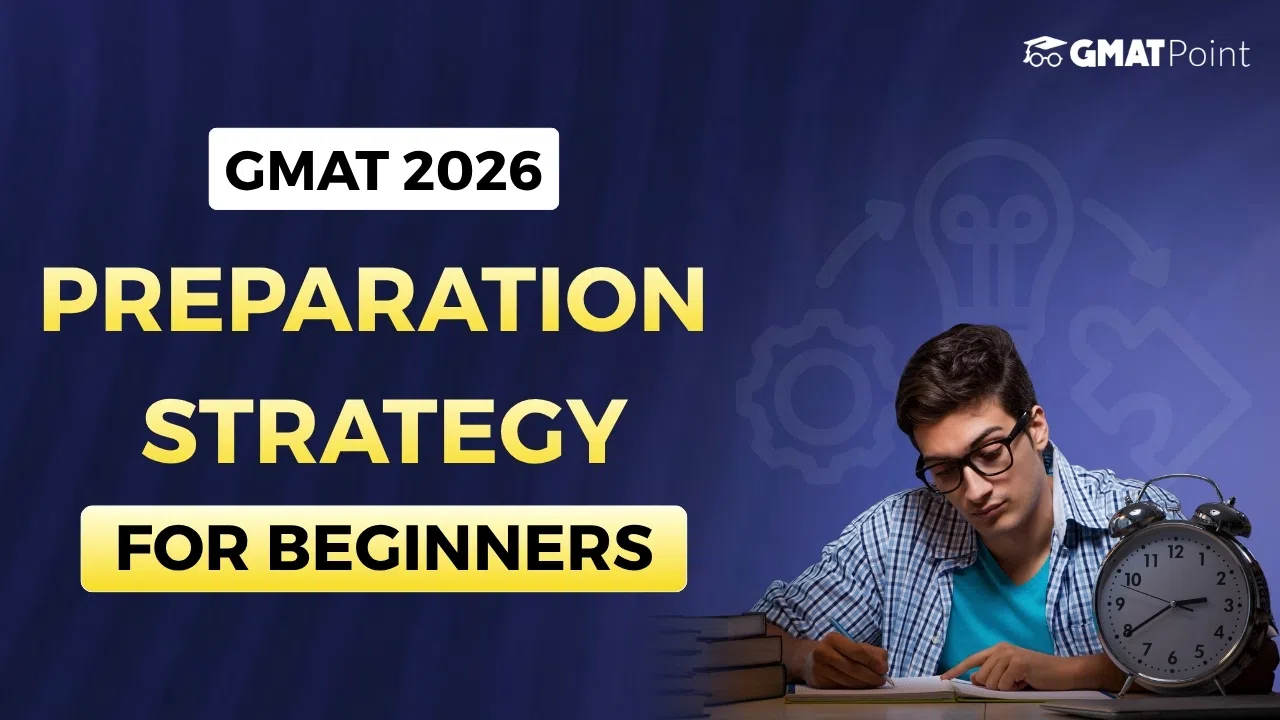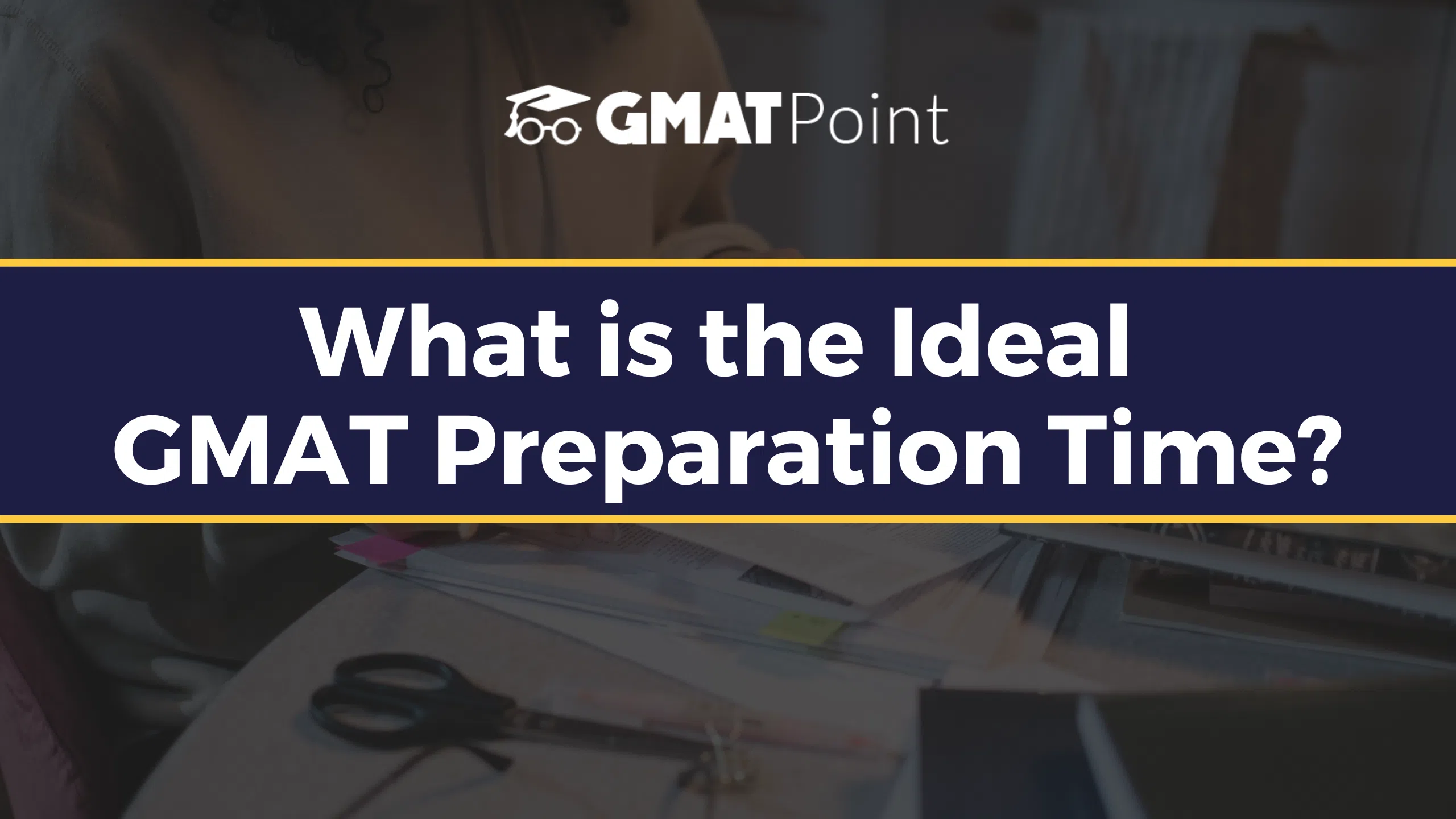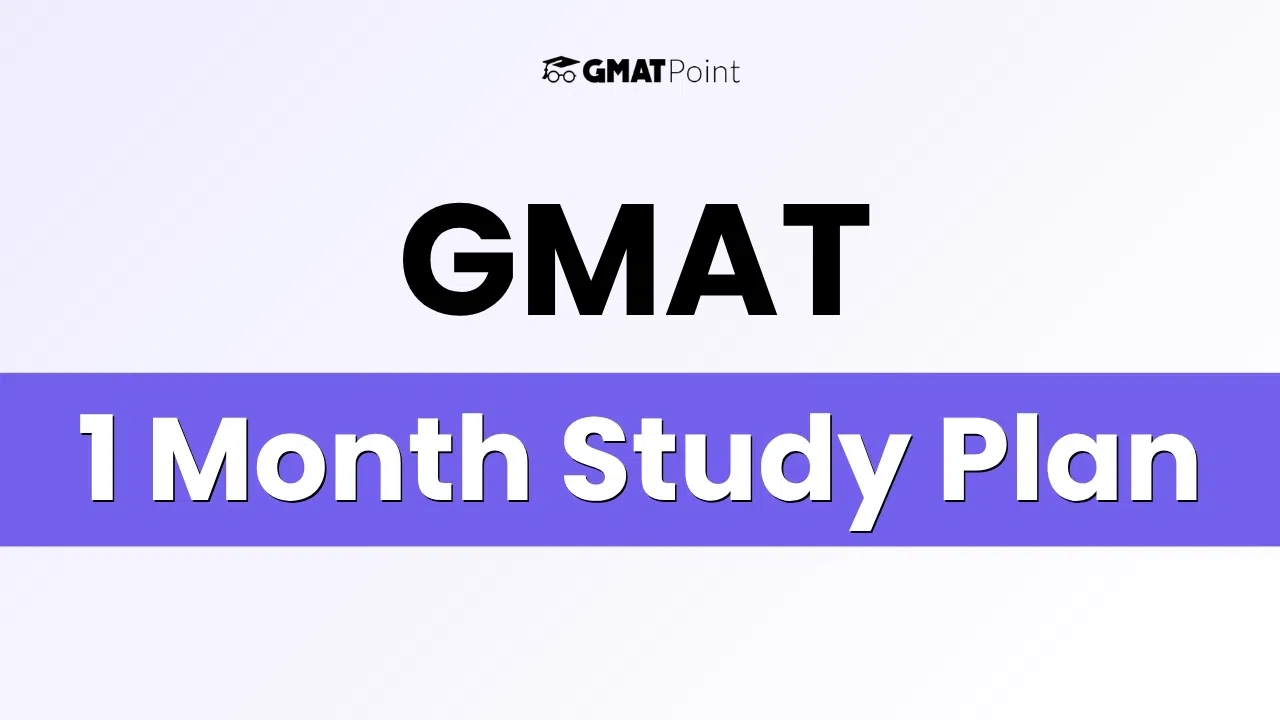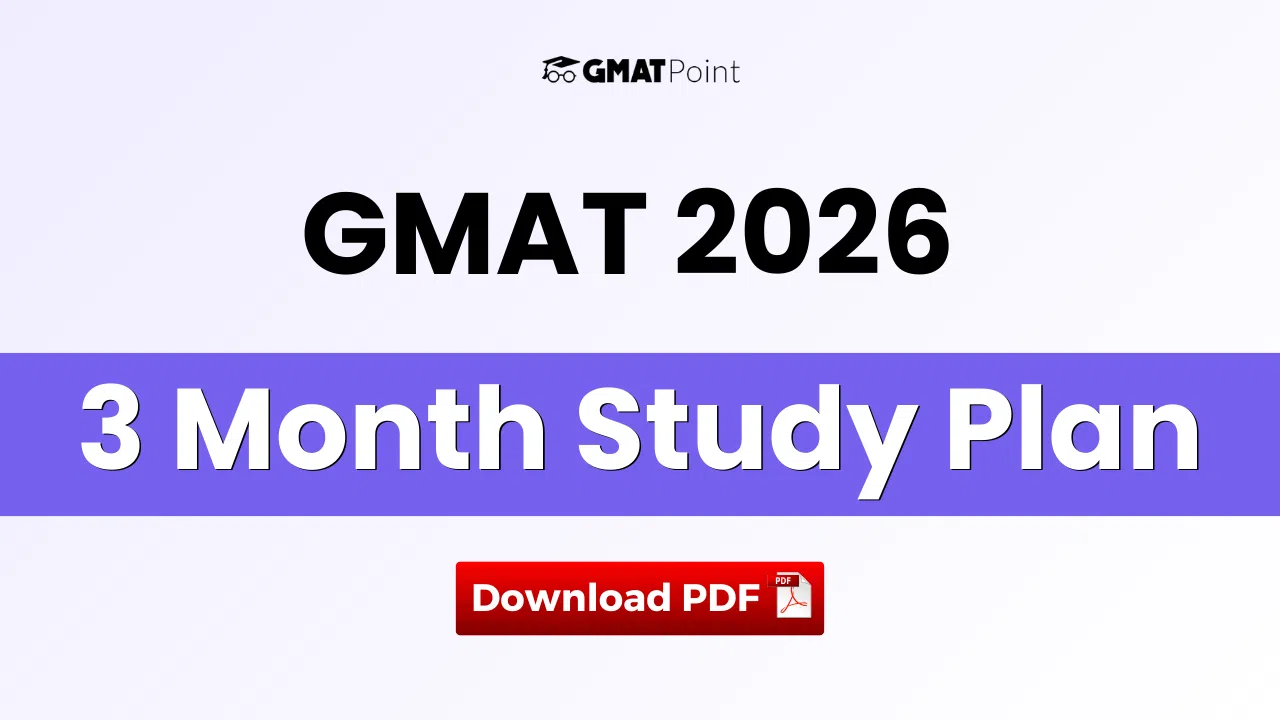How to Start Your GMAT Preparation?
Are you ready to start your GMAT preparation but unsure where to begin? It can feel overwhelming at first, but with the right plan, you can study smart and stay focused. Whether you have several months or just a few weeks, this article will help you get organised and prepare step by step.
You’ll find simple tips, recommended books, plans, and strategies to balance studying with your day-to-day life, especially if you are working. Follow this plan to develop your skills, stay motivated, and achieve your best GMAT score.
How to Prepare for the GMAT Exam?
To begin your GMAT journey, start by understanding the exam format. The GMAT tests three main sections: Verbal Reasoning, Data Insights, and Quantitative Reasoning. Before starting your preparation, you should be aware of the latest GMAT exam pattern You can download the GMAT syllabus PDF from the button given below
Once you’re familiar with the basics, set a target score based on the requirements of your preferred business schools. Then, create a practical timeline and daily study plan based on how much time you have before the exam.
Use a mix of preparation books, online resources, and apps. Some of the best GMAT preparation books include:
- GMATPoint Daily Targets
- GMAT Mock Test
One of the most important GMAT preparation tips is to study consistently. Studying 2 to 3 hours a day can be sufficient if you begin early and follow a focused approach. The best way to start your GMAT preparation is by solving a GMAT mock test or by solving a GMAT sample paper. It will help you check the current preparation status so that you can plan accordingly.
How to Prepare for GMAT as a Working Professional?
Balancing a full-time job with GMAT preparation can be challenging, but it’s possible with the right strategy. Use early mornings, lunch breaks, or evenings for study sessions. Reserve weekends for revision or full-length practice tests. Utilise your weekends to the fullest and devote 7-8 hours to your GMAT preparation.
Create a flexible GMAT preparation strategy based on your work schedule. For example, focus on one section per week and revise regularly. Use flashcards and GMAT apps on your phone to revise while commuting or during short breaks.
Avoid burnout by scheduling regular breaks and rest days. Remember, consistent small efforts lead to big results. Many working professionals succeed with this smart and steady approach.
Section-Wise GMAT Preparation Tips
Each GMAT section requires a different approach because it tests different skills. Understanding the structure and focus of each section helps you study more effectively and avoid feeling overwhelmed. Here’s how to prepare for each part:
Quantitative Reasoning
Focus on strengthening your basics in arithmetic, algebra, and word problems. Geometry is no longer tested. Practice problem-solving questions from official materials and review your mistakes regularly to improve speed and accuracy.
Verbal Reasoning
Concentrate on Critical Reasoning and Reading Comprehension, as Sentence Correction is no longer part of the exam. Read editorials, business articles, and opinion pieces to boost your comprehension, vocabulary, and logical thinking skills.
Data Insights
This section includes data sufficiency, table analysis, graphics interpretation, multi-source reasoning, and two-part analysis. Practice interpreting charts, graphs, and mixed data sources. Use the on-screen calculator only when necessary, and focus more on logical analysis and accuracy.
Note: These strategies will help you if you are ready to put the efforts into practice. So, practice as many questions as you can from the area that you feel you are weak in.
Also, check how to ace GMAT Data Insights. Study Plan and Resources
GMAT Preparation Strategy for Beginners
If you’re just starting, take a diagnostic test to understand your current level. Based on the results, allocate more time to your weak areas while still maintaining your strengths.
Begin with basic concepts before attempting questions with a lower difficulty level. Aim to solve 10-15 practice questions daily and gradually increase the difficulty. Track your progress every week.
Stick to a focused plan and avoid jumping between too many resources. If you have purchased any course from the institute, then you can stick to that. If not, don’t worry, you can check out the free GMAT study material. Stay patient and consistent; your hard work will pay off.
GMAT Mock Test Strategy
Mock tests are a critical part of your GMAT preparation strategy. Take a full-length test every 2 weeks to get familiar with the exam format and build endurance.
After each test, review all answers carefully, especially the wrong ones. Make a notebook and write down the mistakes that you made in the exam. Identify your weak areas and revise them. Try to simulate real exam conditions during your mock tests to increase focus and improve timing.
Don’t wait until the end of your preparation to start mock tests. Include them early in your schedule to develop your test-taking strategy over time.
How to Start Your GMAT Preparation: Conclusion
Starting your GMAT preparation doesn't have to feel overwhelming. Begin with a clear understanding of the exam format, then move on to building a realistic study plan based on your schedule and target score. Whether you're a working professional or a full-time student, staying consistent with daily practice, focusing on weak areas, and using the right GMAT books and mock tests will set you on the right path. Early mock tests help you track your current level and adjust your preparation accordingly.
The key to success lies in small, steady efforts and smart strategies. Use section-wise preparation techniques to tackle each part of the exam effectively. Allocate weekends for full-length mocks, keep a progress tracker, and avoid burnout by taking breaks when needed. With dedication, the right resources, and a strategy that fits your lifestyle, you can achieve a high GMAT score and move one step closer to your dream B-school.
